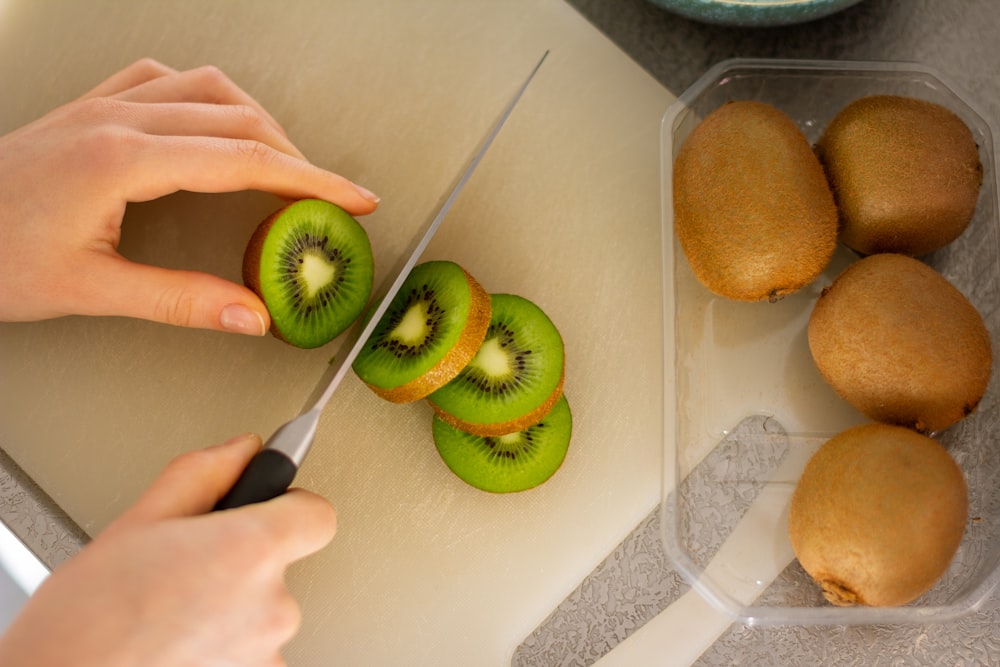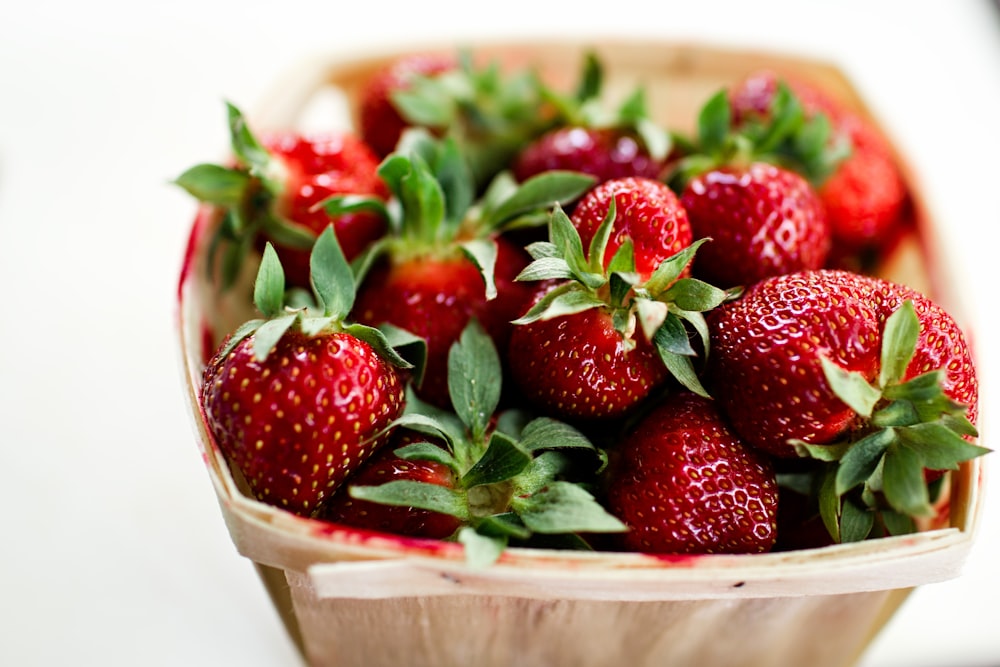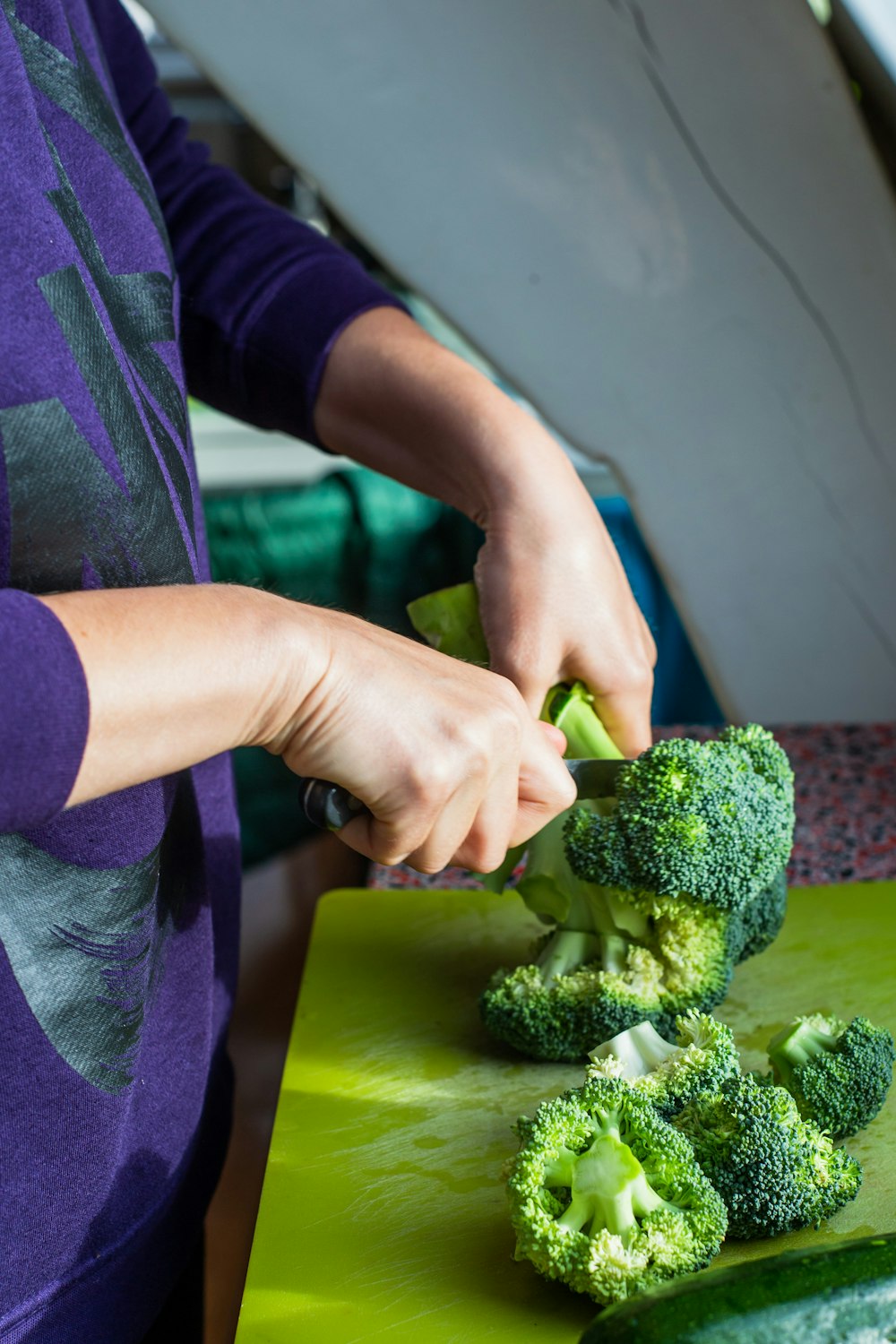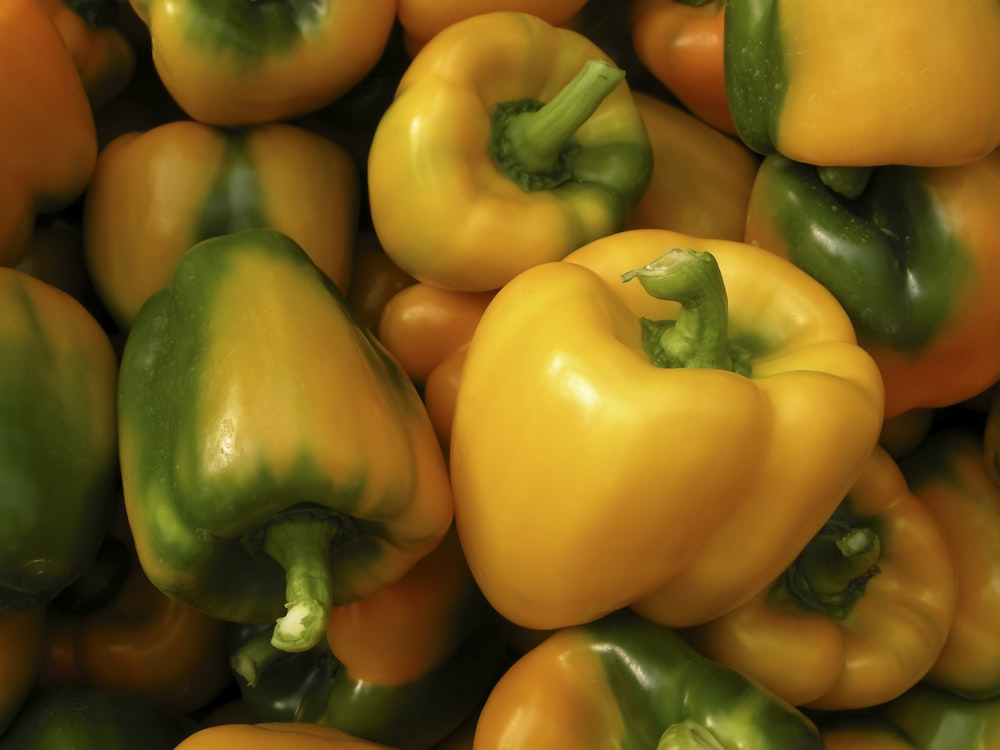Vitamin C to Keep Your Immunity Strong

These are scary times, for sure. There’s so much fear whirling around in the air regarding the current pandemic. You’re probably scared of many things. Many of us are worried about the financial ramifications of the economic downturn. Most of us are scared of getting the virus, or god forbid, losing a loved one. You may be scared to die. Most of us are. These times are bringing up so many fears, it’s no wonder we’re all stressed out. But we must remember to do our best to keep our stress levels to a minimum, because stress weakens our immune system. And another way to keep your immune system strong, is to supplement with plenty of vitamin C. This is what I want to share with you in this article—the importance of boosting your immune system to stay strong during these uncertain times.
Vitamin C boosts your immune system
You can think of vitamin C as having true superpowers when it comes to boosting your immune system and safeguarding you from getting sick. Our immune system is here to keep us healthy. It’s the system in our body that wards off unwanted and harmful bacteria, viruses, and parasites. It helps us be less reactive to things like pollen and food allergens. Our immunity is one of the most important aspects of our body when it comes to optimal health and well-being, so we want to do whatever we can to keep it strong. One such way is through vitamin C supplementation.
Vitamin C works to protect the body from contracting infections. It helps the cells of our body neutralize pathogens, while also helping to produce the creation of white blood cells—those which fight infections. People who are deficient in this particular powerhouse are known to get sick easier, and have longer bouts of colds, flus, and other illnesses. On the other hand, supplementing with a daily dose of vitamin C—approximately 1,500 mg is best—is one of the best ways to ensure you’re not vitamin C deficient. I like to buy powdered vitamin C packets and add them to water, sipping them throughout the day. I also make sure I include plenty of vitamin C-rich foods in my diet.
Even scientific studies show just how potent vitamin C is as an immune booster. This study, for example, published in 2017 in the journal Nutrients, explains how vitamin C makes our immune defenses stronger. It states that vitamin C also protects the body from external pathogens, something we’re all seeking at this moment in history.
Decrease your risk of infection with vitamin C
Many scientific studies prove that low levels of vitamin C in your body make you more vulnerable to infection. And infections tend to drain vitamin C from the body. Sounds like a vicious cycle, right? A study, published in the scientific journal Nutrients, delves deeper into the ins and outs of vitamin C as a necessary vitamin for immune defense, as well as its many roles in the many cell functions involved with immune function. If you’re curious, I suggest you read the study. It will no doubt motivate you to supplement with vitamin C more often.
Heal wounds faster with vitamin C
Yet another example of vitamin C’s role in immune function has to deal with wound healing. Your skin needs vitamin C and collagen for healing. You can take it orally and even topically in this case. And while we’re on the subject of healing, I want to add in another point here for anyone out there who smokes. It’s been proven that regular smokers have lower amounts of vitamin C in their body. A 2010 study, this one published in the scientific journal Surgery, explains how smoking impacts vitamin C levels, and how kicking the habit raises your baseline levels quickly. If you do happen to smoke, supplementation with vitamin C is a no-brainer.
Megadoses of vitamin C for treatment
The healing powers of vitamin C for so many human maladies simply cannot be understated. One of the most well-known stories of healing with vitamin C comes from author Norman Cousins, who suffered a degeneration of the spine known as ankylosing spondylitis. His journey to healing focused upon vitamin therapy, namely with megadoses of vitamin C. His book, Anatomy of an Illness, tells the tale of his experience, which involved taking large amounts of vitamin C intravenously. He also watched the comedic performances of The Marx Brothers day after day. Laughter and vitamin C cured him. If you want to learn more about how megadosing with vitamin C can cure an illness, I highly recommend reading his book.
Another interesting thing to note is that the recommended dietary intake for vitamin C is so much higher than the recommended dietary intake for any other nutrient. In other words, you probably don’t need to worry about getting too much vitamin C in your diet. Most of us will take it orally, as a supplement, and of course, by eating vitamin C-rich foods. But, should we fall very ill, taking large doses of vitamin C intravenously is incredibly effective for healing.
Best fruits for vitamin C
Here’s where we need to talk about food. My local farmer’s market just opened up. Which means I’m going to be buying as much food from these hard-working souls as possible. The unadulterated soil of your local community feeds food with more nutrients than those you’re ever going to get from the supermarket. In these times of worry, I suggest you support your health, the environment, and your local farmers by shopping as much as possible at the farmer’s market—especially now that the weather dictates that you can! And if you’re wondering which food sources have the highest amounts of this miracle vitamin, take note of the following list:
-
Blackcurrants
Blackcurrants aren’t a fruit I eat regularly, but I’m going to start, for sure. Just a half cup has 101 mg of vitamin C. I would purchase dried blackcurrants from the bulk section of your health food store and keep them on hand as a healthy snack, or as a yummy addition to your hearty morning oatmeal.
-
Kiwi
Kiwis may be little but they pack a big punch of vitamin C. One kiwi fruit gives you 79% of your recommended daily vitamin C dosage.
-
Lemons
Lemon juice is a potent antioxidant, and one lemon (peel included) contains nearly the entire recommended daily dose of vitamin C.
-
American persimmons
I bet your diet isn’t exactly high in American persimmons. I know mine isn’t. In fact, I may never have even had one. But, I should. And you should, too. Why? Because they’re full of vitamin C—16.5 mg to be exact. American persimmons are much higher in vitamin C than are Japanese ones, so choose this variety when available.
-
Strawberries
I’ve always loved strawberries. And for good reason. One cup of these gorgeous red berries contain 89 mg of vitamin C, which amounts to almost all of the daily recommended dosage.
-
Oranges
I love oranges, and I don’t eat enough of them. They’re great for vitamin C, as most of you already know. Just one orange contains on average, 70 mg of vitamin C.
-
Papayas
Tropical papayas are another excellent source of vitamin C. One cup contains 87 mg. When I lived in Hawaii, my favorite breakfast was an egg and a papaya, cut in half and sprinkled with lime.
Best veggies for vitamin C
We typically don’t think of vegetables for vitamin C, but we should! Because they’re full of it.
-
Kale
I love making kale salads, and also love the fact that it’s a dark, leafy green with so many health benefits. Eating a cup of chopped up raw kale gives the body 80 mg of vitamin C.
-
Parsley
Parsley is yet another vitamin C-rich food we should all be eating more of. Eating 4 tablespoons of parsley nourishes the body with 20 mg of vitamin C.
-
Thyme
Out of all the culinary herbs we use in our cooking, thyme is the one with the highest vitamin C content. I love thyme, and cook with chicken and throw it in salads whenever I have it on hand.
-
Broccoli
Cruciferous veggies are great for getting your daily dose of vitamin C, and broccoli’s an excellent example of such. If you eat a half a cup of cooked broccoli each day, you’ll be getting about half the recommended amount of vitamin C you need in a given day.
-
Brussels Sprouts
Just a half a cup of cooked Brussels sprouts has 49 mg of vitamin C. I love to roast them to a crisp, with olive oil, garlic, sea salt, and black pepper.
-
Mustard greens
Mustard greens are an ideal leafy green to saute in olive oil as a side dish. They’re rich with vitamin C, with 195 mg per cup. That’s over 200% of the recommended daily amount. When these nutrient-dense greens come in season, get them from your local farmers.
-
Yellow bell peppers
As bell peppers get riper and sweeter, they hold more vitamin C. Just a half a cup of chopped up yellow bell peppers feeds the body 137 mg of vitamin C, well over the daily recommended amount. And make sure they’re yellow, as these peppers contain more vitamin C than their green counterparts. I’m not in the habit of eating many bell peppers, but definitely want to start adding them to salads and stir frys soon!
Vitamin C, nature’s most powerful antioxidant
To put it simply, antioxidants put a stop to oxidation. The oxidation of cells promotes illness and disease. Therefore, we need to provide our cells with antioxidants if we want to prevent the onset of illness. We also need to feed our cells with potent antioxidants in order to fight illness should we need to. No human on the planet can survive without this potent antioxidant. Why? Because it’s linked to so many different essential bodily processes. Did you know that vitamin C is necessary to turn on the expression of your genes? It’s true! It’s also essential for collagen production. This vitamin is absolutely essential for just about every bodily expression under the sun.
Why vitamin C supplementation is necessary when ill
As humans, we don’t actually make vitamin C within our own bodies. Other mammals do, but we don’t. What’s more, we don’t have the ability to store a lot of it within the body. At best, we can store about a 30-day supply. This is why we need to pay attention to how much we’re getting (or not getting) each and every day. Sure, we can get vitamin C through food, and that’s always best for overall well being. However, if and when we do happen to fall ill, supplementation is absolutely necessary.
I believe supplementing with vitamin C is a good idea all the time, as a natural form of prevention. What’s more, the Western diet doesn’t naturally contain enough vitamin C. Most of us simply don’t eat enough of it. Which is why supplementing with a healthy dose of vitamin C on a daily basis is a really good idea if you want to boost your immune system and prevent illness. Should you fall ill, you’ll want to up the dosage for a more speedy recovery.
To sum it all up
Vitamin C is absolutely essential for your immune health. If you don’t get enough in your diet, your health is likely to suffer. This is the time to supplement with my favorite dose of this miracle vitamin. It’s Applied Science Nutrition’s brand new vitamin C supplement, aptly named Immune Support. We’re offering it to you at this time as an essential part of your immune defense regimen. Take this supplement daily, along with a healthy diet. And don’t forget to get outside and breathe fresh air often while moving your body. This is how you’ll not only maintain your health during these times, but also thrive, and even improve your levels of well-being.




